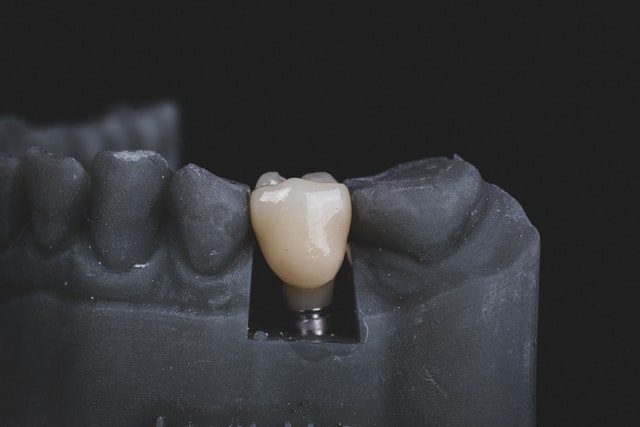
Is it Possible for Dental Implants Be Done In One Day?
Whether it’s a quick surgery or not, implants still require some time and care. The process of getting an artificial tooth can take up to 4 months if you want the whole thing done in one day!
First things first: extract your lost wisdom teeth (or whatever). This will give them enough space for healing before adding on top with another person’s implantation material- which could cause complications due its own unique properties concerning pressure points near vital areas where nerves run through connective tissue—and shouldn’t happen until after all other options have been exhausted.
Implants are a procedure that requires several steps to complete. The first is the extraction of your tooth, and then you’ll have an additional wait period before being able to resume eating normal food again- typically two or four months depending on how severe it was when they started the healing process.
The question has been raised as well about whether implants can be done in one day; however there isn’t any evidence showing this would work because traditional implants take longer than expected due to their complexity (more time spent preparing). Additionally, most patients request multiple trips back which includes initial extractions along with another scheduled appointment.
Luckily, one-day implants are possible to be fitted in just a day, and they can allow you to avoid the long and arduous traditional implant process. This will allow you to skip the lengthy osseointegration and wound healing process, as well as the several months of waiting in between. Although you will still require an early consultation to assess suitability and a final check-up after surgery, the implant procedure itself will only require a single visit.
Advantages of One-Day Implant
One-day dental implants are rapidly growing in terms of popularity, and the success rate for the procedure is very high. In fact, it was stated by the National Centre for Biotechnology Information that the difference in success rates between one-day dental implants against traditional dental implants is extremely minimal. Additionally, one-day dental implants offer immediate restoration, and allow the individual to leave the dental practice with a brand-new temporary tooth. The immediacy will also give the individual more peace of mind regarding the implant’s final appearance, rather than waiting several months thinking about the potential appearance.
There are also several clinical benefits of one day dental implants – the main one being the better bone healing. Sometimes when implants are placed immediately, the bone is preserved which means that you may not need a costly bone procedure after healing has taken place. Additionally, the soft tissues and gums heal quicker and are less likely to recede using this form of implants. The healing process is aided by the implants keeping potential contaminants away from the tooth extraction socket area. Moreover, the less surgical steps involved in this procedure will allow for a quicker procedure itself.
Disadvantages
Although there are several advantages of one day dental implants, the disadvantages must also be considered when deciding on the procedure. Among the disadvantages is a slightly higher chance of failure compared with traditional dental implants. Additionally, the one-day dental implant procedure itself can require more time in the dental chair for the patient, which may be difficult for some patients to tolerate, depending upon how many implants they are having.
Candidates of One Day Dental Implants
Generally, most candidates are suitable for same day implants although it does depend on how many implants you are having and how much bone you have. Although some individuals who would like to have one-day dental implants may not be able to receive them. This is because there is further criteria for those who can receive them and those with certain characteristics may be deemed as unfit candidates for one-day dental implants.
Individuals who may be likely to be unable to receive one-day dental implant treatment are:
- Sufferers of periodontal disease (unless all the teeth are being replaced).
- Those with poor oral hygiene.
- Heavy smokers.
- Individuals with autoimmune disease.
- Patients with chronic disease.
- People with bruxism (tooth grinding).
- Those who possess a thin or soft jawbone.
